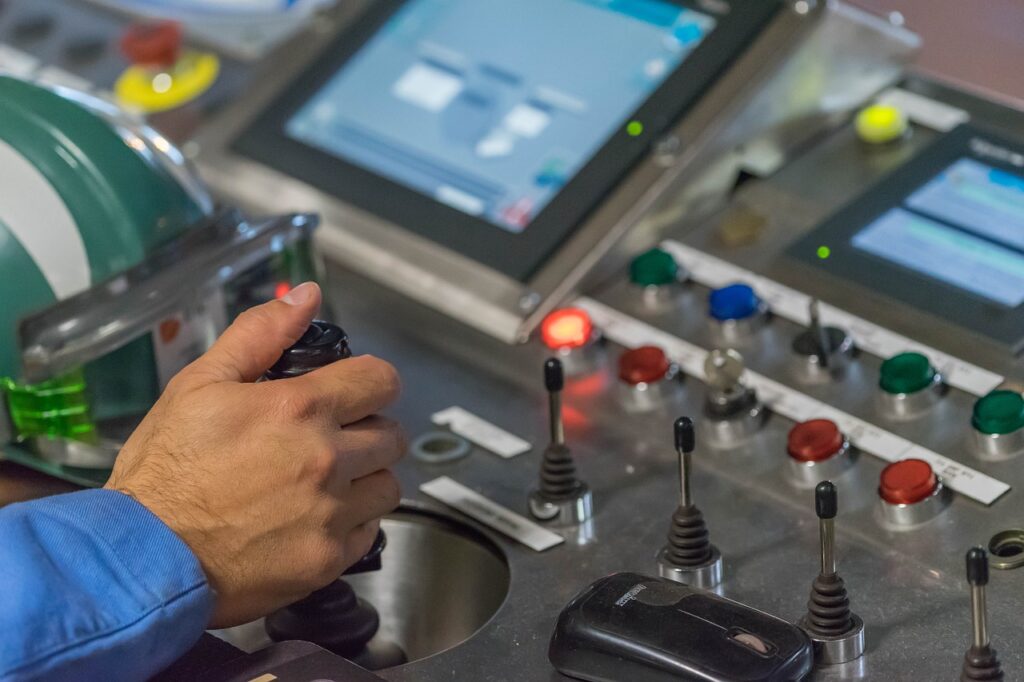Emerging markets like Pakistan, India, and Nigeria have seen a sharp rise in micro-businesses using technology. From local shops to freelance service providers, small enterprises now realize that AI for micro-business automation in emerging markets is not just a luxury but a survival tool.
In this article, we’ll explore how AI can help small businesses automate tasks, boost efficiency, and grow sustainably in developing regions.
Why Micro-Businesses in Emerging Markets Need AI
In countries where manual work still dominates small businesses, owners often face challenges such as:
- Time-consuming repetitive tasks
- Lack of skilled human resources
- Tight financial constraints
According to a report by TechCrunch, automation tools powered by AI can reduce operational costs by up to 30% for small businesses. For emerging markets, this percentage can be even higher due to lower baseline efficiencies.
Key Areas Where AI Supports Micro-Business Automation
Here are some real-world examples of AI for micro-business automation in emerging markets:
1. Customer Service Chatbots
Even a small clothing store or tuition center can now install a chatbot on their website or WhatsApp. AI-powered bots handle customer queries, appointment bookings, and complaints 24/7, reducing the need for constant human attention.
2. Accounting and Bookkeeping Automation
AI tools such as QuickBooks and Zoho Books offer automated invoice generation, expense tracking, and tax calculations. This is particularly valuable in markets where professional accounting services are too costly for micro-entrepreneurs.
3. Inventory and Supply Chain Management
Local grocery stores or pharmacies can now use AI apps to monitor stock levels and get automatic re-order suggestions. This prevents product shortages or overstocking, especially in fast-moving consumer goods (FMCG).

How Affordable Is AI for Micro-Business Owners?
Many assume AI solutions are expensive. However, AI for micro-business automation in emerging markets often involves cost-effective, cloud-based tools. For instance:
- Free chatbots like Tidio and Chatfuel
- Google Sheets + AI-powered add-ons for financial tracking
- Facebook and WhatsApp Business APIs integrated with AI
Furthermore, many governments and NGOs now offer subsidies or training programs for small businesses adopting AI-based tools.
Challenges in Implementing AI for Micro-Business Automation
While the benefits are clear, adoption is not without hurdles:
- Language Barriers: Many AI tools lack Urdu, Hindi, or Swahili language support.
- Low Digital Literacy: Business owners may not know how to set up or operate AI tools.
- Internet Connectivity Issues: Some rural areas in emerging markets still suffer from unstable connections.
Practical Tips to Get Started
If you run or plan to start a micro-business, here’s how you can begin using AI:
- Identify Repetitive Tasks: List out tasks that take up time every day.
- Find a Suitable Tool: Research AI apps that match your need. Start with free versions.
- Learn via Tutorials: YouTube and online courses offer step-by-step guides in local languages.
- Stay Updated: Follow AI trends to find new, more affordable tools.
For related insights, check our guide on AI Tools for Small Businesses in 2025.
Conclusion: The Future of AI for Micro-Business Automation in Emerging Markets
To sum up, AI for micro-business automation in emerging markets is no longer science fiction. It’s a practical solution that’s becoming more accessible every year. From chatbots to inventory management, micro-business owners have many ways to save time and money using AI.
As a result, adopting even simple AI tools can help small businesses thrive, especially in resource-limited settings. If you haven’t yet explored automation for your business, now is the time to start.
